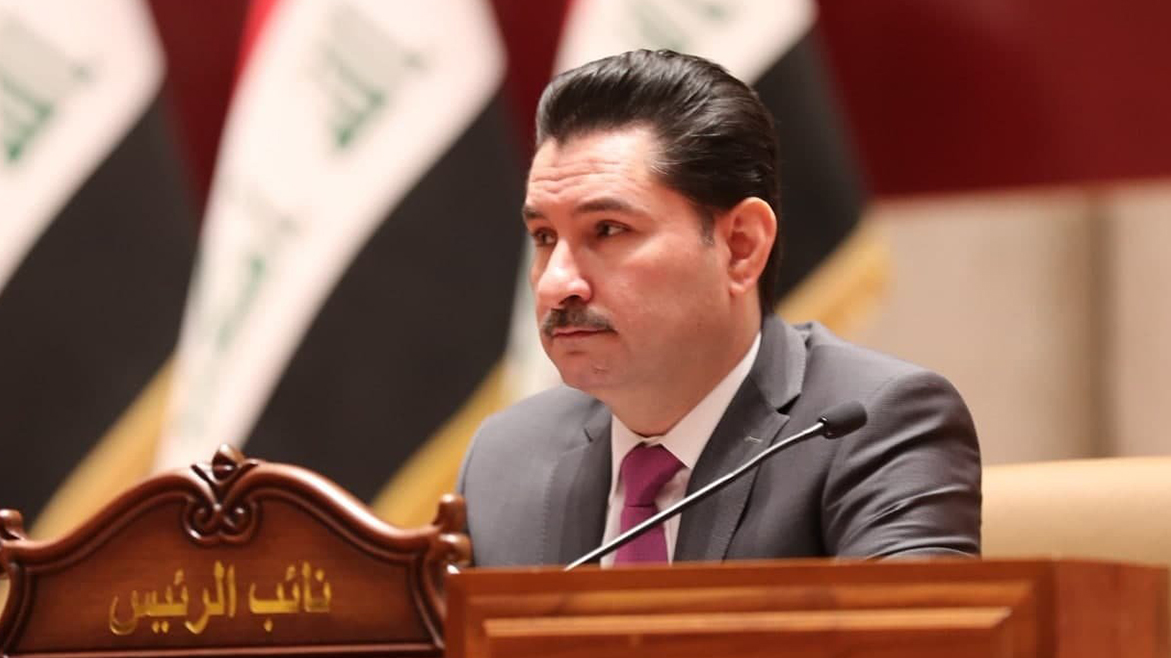Kurdish Families to Reclaim Land in Kurdistani Territories, Says Iraqi Deputy Speaker
The Deputy Speaker clarified that these families have fulfilled all legal requirements, yet they are still awaiting the disbursement of their compensation amounting to 10 million Iraqi dinars per family.

By Ahora Qadi
ERBIL (Kurdistan24) – Shakhawan Abdullah, Deputy Speaker of the Iraqi Parliament and Chairman of the Committee on Article 140, has announced a decisive step toward addressing the rights of Kurdish families returning to Kirkuk and other Kurdistani territories outside the KRG's administrative control. In a statement shared on his official Facebook page on Friday, May 23, 2025, Abdullah confirmed that land will be allocated to those Kurdish families who were displaced and have since returned to areas outside the Kurdistan Region.
Abdullah stated that, following a formal letter numbered 61 issued on April 14, 2025, and a subsequent meeting with the head of the government’s Article 140 Implementation Committee on April 20, an agreement had been reached to provide land to each Kurdish family that has returned to Kirkuk and completed the Article 140 procedures.
10 Million Dinars Still Unpaid
The Deputy Speaker clarified that these families have fulfilled all legal requirements, yet they are still awaiting the disbursement of their compensation amounting to 10 million Iraqi dinars per family. He noted that the resolution to allocate land covers all Kurdistani territories outside the KRG's administrative control stretching from Sinjar to Khanaqin.
To facilitate implementation, official instructions have been sent to the relevant governorates, instructing local authorities to begin processing the land distribution to the eligible families.
Reviving Article 140
Article 140 of the Iraqi Constitution, originally intended to resolve the status of Kirkuk, has remained largely unimplemented since its initial 2007 deadline. Kurdish leaders have long demanded the activation of the constitutional article, which includes normalization, a census, and a referendum to determine the will of the populations in those areas.
The latest move, under the stewardship of Abdullah’s committee, signals a renewed political will to address the legacy of Arabization policies and to restore the rights of displaced Kurdish families.
Strategic Significance
The return of Kurdish families to areas beyond the administrative borders of the Kurdistan Region has been a sensitive and politically charged issue, particularly in oil-rich and ethnically diverse Kirkuk. The current land allocation initiative is seen as a concrete step in restoring justice to communities forcibly displaced during previous regimes.
As Baghdad continues to navigate the fragile balance between competing claims over the Kurdistani territories outside the KRG's administrative control, the implementation of this land allocation decision could serve as a foundation for broader reconciliation efforts and the eventual fulfillment of Article 140's constitutional promise.